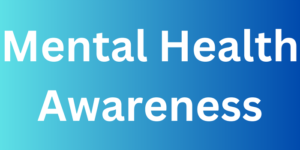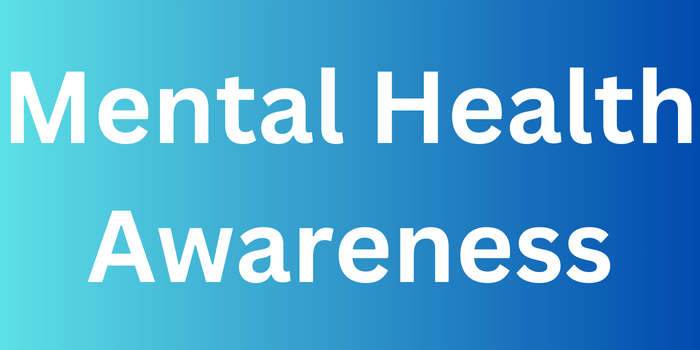Mental Health Awareness: Breaking the Stigma
Mental health is an essential aspect of overall well-being, yet it remains one of the most stigmatized topics in society. Despite the increasing recognition of mental health issues, many individuals still face discrimination and misunderstanding due to the stigma surrounding mental illness. This blog aims to raise awareness about mental health, highlight the importance of breaking the stigma, and provide actionable steps for fostering a more supportive environment.
Understanding Mental Health
Mental health encompasses our emotional, psychological, and social well-being. It affects how we think, feel, and act, influencing our ability to cope with stress, relate to others, and make choices. Mental health issues can affect anyone, regardless of age, gender, or background. Common conditions include anxiety disorders, depression, bipolar disorder, and schizophrenia, among others.
The Impact of Stigma
1. Barriers to Seeking Help
Stigma surrounding mental health often prevents individuals from seeking the help they need. Fear of judgment, discrimination, or being labeled as “weak” can lead to silence and isolation. Many people suffer silently, believing they must endure their struggles alone.
2. Misunderstanding and Misinformation
Stigma is often fueled by misunderstanding and misinformation about mental health. Stereotypes and negative portrayals in media can perpetuate harmful beliefs, leading to fear and avoidance of those with mental health conditions. This lack of understanding can create a cycle of stigma that is difficult to break.
3. Negative Effects on Recovery
Stigmatization can hinder recovery for individuals with mental health issues. When people feel judged or marginalized, they may be less likely to engage in treatment or support services. This can exacerbate their conditions and lead to a decline in overall well-being.
Breaking the Stigma
1. Education and Awareness
One of the most effective ways to combat stigma is through education. By increasing awareness about mental health conditions, their prevalence, and the importance of seeking help, we can challenge misconceptions and promote understanding. Educational campaigns, workshops, and community events can play a vital role in spreading knowledge.
2. Open Conversations
Encouraging open conversations about mental health can help normalize the topic and reduce stigma. Sharing personal experiences, whether through storytelling, social media, or support groups, can foster empathy and understanding. When individuals feel safe to discuss their struggles, it creates a supportive environment for others to do the same.
3. Language Matters
The language we use when discussing mental health can significantly impact stigma. Avoiding derogatory terms and using person-first language (e.g., “a person with depression” instead of “a depressed person”) can promote respect and dignity. Being mindful of our language can help shift perceptions and create a more inclusive dialogue.
4. Supportive Policies
Advocating for policies that support mental health awareness and access to care is crucial. This includes promoting mental health education in schools, workplace initiatives, and legislation that protects the rights of individuals with mental health conditions. Supporting organizations that work towards these goals can amplify efforts to break the stigma.
5. Encourage Help-Seeking Behavior
Encouraging individuals to seek help when needed is essential in breaking the stigma. Normalizing therapy, counseling, and support groups can empower people to take charge of their mental health. Providing resources and information about available services can make it easier for individuals to access the help they need.
Conclusion
Breaking the stigma surrounding mental health is a collective effort that requires education, open dialogue, and supportive policies. By fostering a culture of understanding and acceptance, we can create an environment where individuals feel safe to seek help and share their experiences. Mental health awareness is not just about recognizing the challenges; it’s about celebrating resilience, promoting well-being, and ensuring that everyone has access to the support they need. Together, we can break the stigma and pave the way for a healthier, more compassionate society.
Read More:
https://dietcheckhub.com/category/blog/
https://www.medicalnewstoday.com/articles/303409




